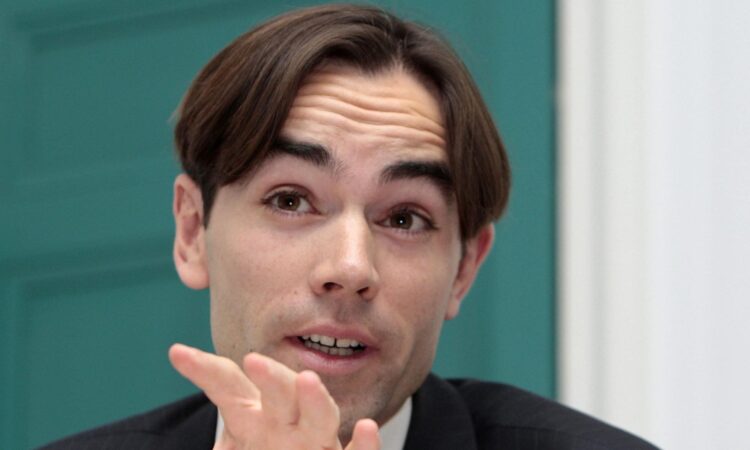
In the wake of new Census data showing that the country’s growing population is getting older, Sebastian Barnes, chair of the Irish Fiscal Advisory Council, said large tax increases now would avoid having to levy even larger ones in the future on a smaller working population.
“You’re taxing these people before they retire. If you don’t do it now, you miss that opportunity. It’s a big group of people, if we raise it [PRSI] now we get quite a big benefit from that. If we wait until they retire, the burden falls on a smaller cohort of workers,” Mr Barnes told the Irish Independent in the wake of the new census data.
Taoiseach pledges old age pensions will definitely increase in the October Budget
The Government has committed to small and gradual increases to employee and employer PRSI in order to fund future pensions, having already rejected the Pensions Commission recommendation to gradually increase the retirement age from 66 to 68 by 2039.
But in the wake of this decision, Mr Barnes argued that PRSI rates should now increase by 3.5 percentage points above their current levels over the next two years.
This, he argues, would avoid steeper increases over the next four decades, when PRSI would eventually have to rise by nearly eight percentage points above current levels.
“Over the course of the next few years and over the decades to come, the population is going to get much older,” Mr Barnes said.
“People are going to be living longer – for every five years that go by, we gain a year in life expectancy.
“People born in the late 1970s are going to be reaching retirement age and Ireland is going to be older than any European country is today.
“It’s a massive social change that we’re going to go through, that is going to have social implications – implications for healthcare, but big economic implications as well.
“As it stands, our pension system is not sustainable. People currently working are paying for people currently retiring. In the future, there are going to be far fewer people in work for each retired person – that would imply much higher PRSI rates than we see today.
“If we put up PRSI rates more rapidly and start to build up a big reserve fund, that can be invested and drawn down in future years to pay for pensions.
“But the shallower increases that the Government has in mind means we won’t bring up reserves.
“If you look at the proposal we made, we increased fast at the beginning.”
Census 2022 data published by the Central Statistics Office on Tuesday showed the average age in Ireland increased to 38.8.
While the number of people aged 15 to 64 grew by 8pc, the number of over-65s shot up by 22pc.
There was a 25pc increase in over-85s, while numbers in the 25 to 39 age group fell by 4pc.
Currently, there are around four people of working age for every retiree in the country, but by 2050 this is projected to effectively halve to just two working-age people for every retired person.






